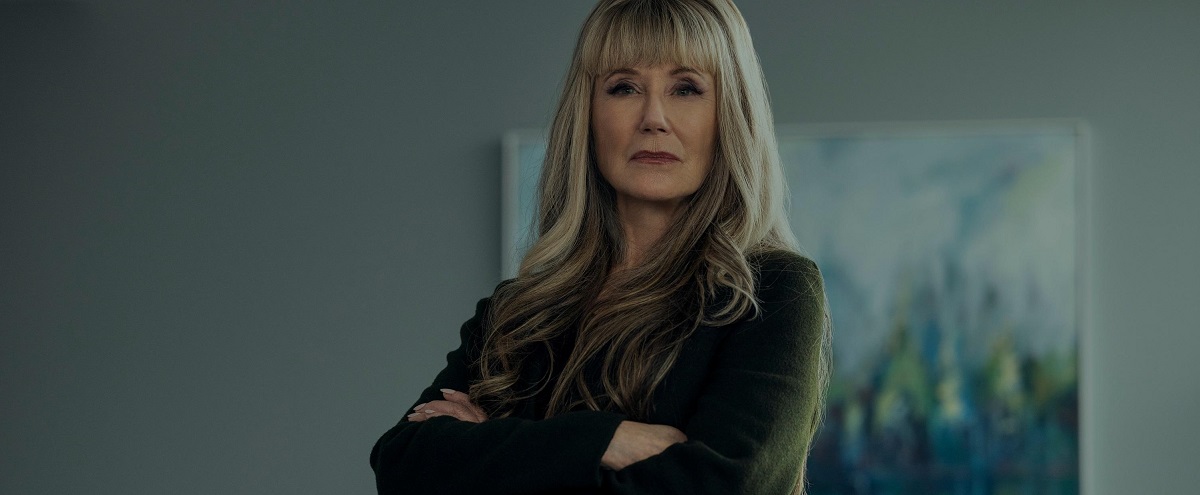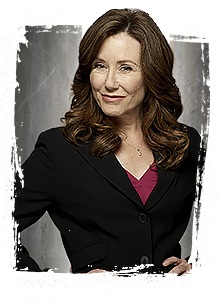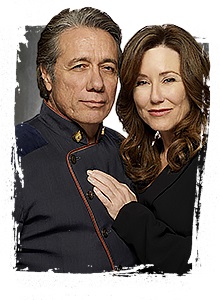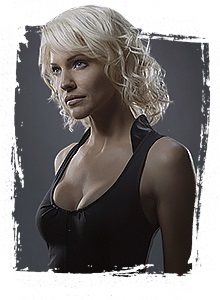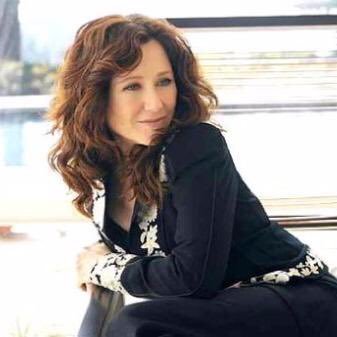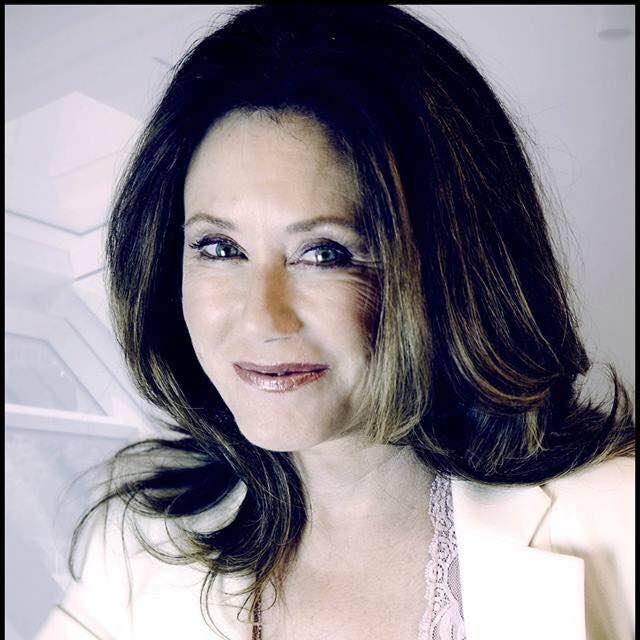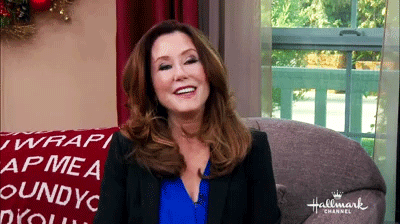
President Roslin Speaks — Q&A With ‘Battlestar Galactica’s’ Mary McDonnell
Kate O'Hare
February 23, 2009
Tonight’s cuppa: decaf Irish breakfast tea
With only a few episodes left of Sci Fi Channel’s “Battlestar Galactica,” airing Fridays, fans will soon know the ultimate fates of all the characters — and one of the most interesting is likely to be that of President Laura Roslin (Mary McDonnell).
Simultaneously battling breast cancer, leading her people on a flight across space from implacable enemies and acting as an agent of religious prophecy — and, of late, carrying on a torrid, possibly doomed, romance with Adm. William Adama (Edward James Olmos) — Roslin is the textbook definition of a well-rounded character.
McDonnell was gracious enough to answer some email questions about the show and her character. Enjoy.
Q: The end is nigh. It’s been quite a ride, both for the show and for the fans. What do you hope will be the show’s legacy?
A: The show is and will continue to be a breathtakingly accurate depiction of the dilemma of being human. Are we on the edge of extinction, or catapulting ourselves into our next evolutionary step? It is a timeless question and the show will remain potent, I think, forever. As a bookended collection the show’s implications resonate with an even greater power then the innocent first viewing.
Q: When TV journalists talk about TV presidents, they don’t always remember Laura Roslin. What were your role models in thinking about her leadership style and demeanor? What do fans say to you about her?
A: Laura Roslin’s presidency was unique in that she became president during war and cataclysm without the energy of ambition fueling her decisions. This was a woman who hadn’t a clear political ambition. This made her very different from the women in power that we see on TV. Her story was one of a woman grappling with untapped, literally unrecognized, qualities classically male, in order to achieve one paramount goal -the survival of the Human Race.
One of the things that critics and fans alike responded to in Laura Roslin was the utter lack of sentimentality in her writing. There was no romanticizing the woman in power and I think the audience stayed with her even when they disagreed with her.
Q: What (or whom) will you miss most?
A: I miss the family of cast and crew, the daily interaction, people’s trials and tribulations. I miss Michelle Hrescak, my makeup artist and all the women in makeup and hair who classically understood Laura Roslin as well as I did — irreplaceable. I will miss the extraordinary feeling of being a band of storytellers who trust their lead scribe completely. I miss the beauty and calm of Vancouver.
Q: Even though you had a successful career before BSG, what did you learn, either about yourself or acting, from the experience?
A: I learned that I love the creativity of being at the edge of a character and collaborating on who she is and will become. This was my first hour drama, and I felt quite satisfied most of the time. Laura Roslin taught me a great deal about the trade-off that occurs, the constant negotiation between heart and mind that occurs in a woman when operating at the top of the male power structure.
Playing this female president gave me a deep curiosity and profound visceral experience of smart capable women who choose to step into the top job. My respect and admiration for Hillary Clinton, which was already high, grew exponentially (and continues to grow) during my exploration of Laura Roslin.
Q: There are not many TV romances between mature people. Roslin and Adama — what have you enjoyed most about playing this relationship?
A: One of the reasons that I enjoyed Adama/ Roslin so very much was the utter compatibility between Eddie and myself. There was never really a question of how do we do this. Sometimes you get lucky in your work.
Ed and I had an instant and deep respect for each other that naturally grew into a fondness. I think that is what mature relationships are made of. They are completely authentic and earned through an experience of other as partner and soul mate. The audience (both the younger and more mature) LOVED this relationship because it created hope and because it was based on total acceptance of the other person regardless of differences.
